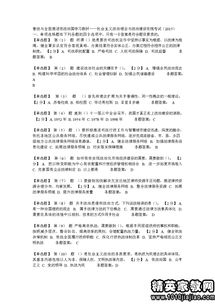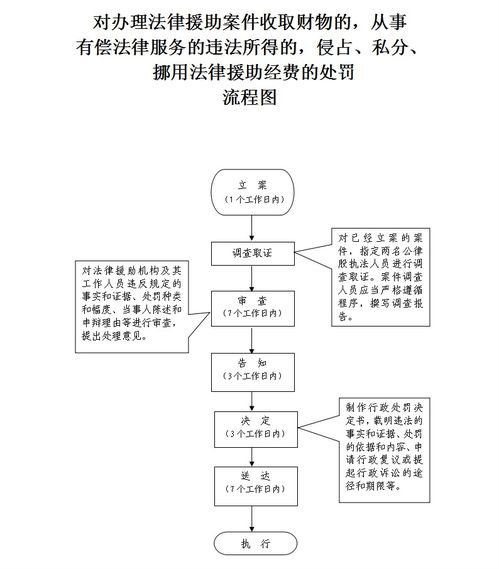Understanding Index Funds: A Beginner's Guide
Index funds, often referred to as "超只基金" in Chinese, are a type of investment fund that tracks a specific market index, such as the S&P 500 or the FTSE 100. These funds aim to replicate the performance of the index they are tracking, making them a popular choice among investors seeking diversified and lowcost investment options.

What are Index Funds?
Index funds are a type of mutual fund or exchangetraded fund (ETF) designed to mirror the performance of a particular index. They are passively managed, meaning the fund manager does not actively pick stocks but instead replicates the holdings and weightings of the index itself.
Key Features of Index Funds:
1.
Diversification
: By investing in an index fund, you gain exposure to a broad range of stocks or other assets that make up the index. This diversification helps spread risk across different companies and sectors.2.
Low Costs
: Index funds typically have lower expense ratios compared to actively managed funds because they require less active management and research.3.
Transparency
: Since index funds aim to replicate a specific index, their holdings are usually disclosed regularly. Investors can easily see what assets the fund holds.4.
Performance Tracking
: The performance of an index fund closely tracks the performance of its underlying index, minus any fees or tracking error.Advantages of Index Funds:
Broad Market Exposure
: Investors can gain exposure to entire markets or specific sectors without having to pick individual stocks.
Lower Fees
: Due to passive management, index funds tend to have lower expenses compared to actively managed funds.
Consistent Performance
: Over the long term, many index funds have shown competitive performance relative to actively managed funds.
Simplicity
: They are straightforward investment vehicles, making them suitable for beginners or investors who prefer a handsoff approach.Types of Index Funds:
1.
Equity Index Funds
: These track stock market indices like the S&P 500, Dow Jones Industrial Average, or global indices.2.
Bond Index Funds
: These follow bond indices, providing exposure to government or corporate bonds.3.
Sectorspecific Index Funds
: These focus on specific sectors such as technology, healthcare, or energy.4.
International Index Funds
: These track indices of foreign markets outside the investor's home country.Considerations Before Investing:
1.
Risk Tolerance
: While index funds are diversified, they are still subject to market fluctuations and risk. Understanding your risk tolerance is crucial.2.
Investment Goals
: Consider whether the index fund aligns with your investment goals, whether they are for retirement planning, wealth accumulation, or specific financial targets.3.
Expense Ratios
: Compare the expense ratios of different index funds as lower expenses can significantly impact longterm returns.4.
Tax Implications
: Understand how index fund investments may affect your tax situation, especially in terms of capital gains taxes.How to Invest in Index Funds:
1.
Choose a Brokerage
: Select a brokerage platform that offers access to index funds, whether through mutual funds or ETFs.2.
Research
: Review different index funds available, considering factors such as expenses, past performance, and the index they track.3.
Diversify
: Consider diversifying your investments across different types of index funds to spread risk further.4.
Monitor and Rebalance
: Periodically review your portfolio to ensure it remains aligned with your investment strategy and risk tolerance.Conclusion
Index funds provide an accessible and costeffective way for investors to gain exposure to a diversified portfolio of assets. Whether you are a novice investor or someone looking to simplify their investment approach, index funds offer a compelling option. By understanding the basics of index funds, assessing your own financial goals and risk tolerance, and choosing wisely among available options, you can effectively incorporate index funds into your investment strategy.
Investing in index funds requires careful consideration of your financial situation and goals. By doing so, you can potentially benefit from longterm market returns while minimizing costs and administrative efforts associated with more actively managed investments.







